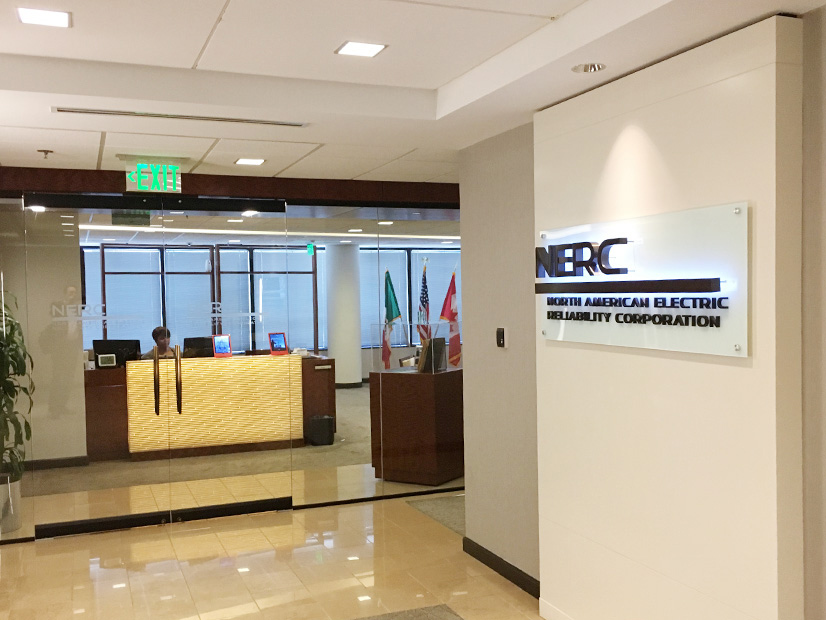NERC’s second attempt to gain industry approval for proposed changes to its Standards Processes Manual (SPM) succeeded last week, as stakeholders gave overwhelming consent to the revisions.
The measure passed with 183 votes out of 260 members of the ballot body and only seven votes against it. Taking into account NERC’s weighting of the segments in the ballot pool, that gave the proposal a 97.49% approval. Twenty-eight members of the ballot body abstained, and 42 did not cast a vote.
The large number of positive votes is a significant turnaround from January when the first version of the SPM revisions went before industry. That proposal failed in March after garnering only 76 affirmative votes and 118 against it, for a weighted value of 37.7%.
NERC’s Board of Trustees issued an order to revise the SPM at its November meeting because of concerns that the ERO’s “deliberative” standards development process was not keeping up with the increasingly rapid pace of industry change. (See NERC Board Member Argues for Increased Authority.)
The initial proposal would have, among other things, removed the requirement for a final ballot to confirm the results of the most recent successful ballot and allowed standard authorization requests (SARs) proposed by the board to be posted for an informal rather than formal comment period. The latter change would have meant the SAR drafting team would not be required to provide a formal response to industry comments.
However, the negative reaction from industry was strong, with commenters such as the Northern California Power Agency fearing that the proposals would undermine “due process, openness and balance of interests.” Respondents objected to shortening later ballot periods on the grounds that this would give industry less opportunity to weigh in and to eliminating the final ballot, arguing that industry needed to be able to approve of any changes the standard drafting team made following a successful ballot. (See EPSA Forum Speakers Focus on Hurdles to Energy Transition.)
The newest set of changes were intended to allay these objections. Updates included clarifying that formal comment and balloting periods following the initial 45-day period “may be as few as 30 days” but must be at least that length, as opposed to the last proposal, which did not specify a time limit. The new revisions also removed language suggesting that SARs proposed by NERC’s board would not be subject to a 30-day formal comment period.
A standards action may still conclude after a successful ballot without requiring a final ballot, but only under very specific circumstances. The previous ballot must have achieved at least 85% weighted segment approval. In addition, the drafting team must have “made a good faith effort at resolving” industry objections, have responded in writing to comments and be proposing no further changes to the balloted documents.
These changes mostly met with approval from those who withheld their support last time, but some still registered objections to the second round of revisions. For example, Kimberly Turco of Constellation said that while removing the idea of allowing board directives to bypass the initial formal ballot was a good step, letting any SARs avoid the normal process should still be considered going too far.
“SARs that bypass formal posting/commenting are in direct conflict with the concept of ‘working with all stakeholder segments of the electric industry … to develop reliability standards,’” Turco said. “Allowing the latitude to bypass the existing input from the industry is not in the spirit of collegial development of the NERC reliability standards and may propagate a bias of individuals involved, including the Standards Committee, that may not recognize or appreciate specific nuances of the draft SAR when evaluated by the industry.”




